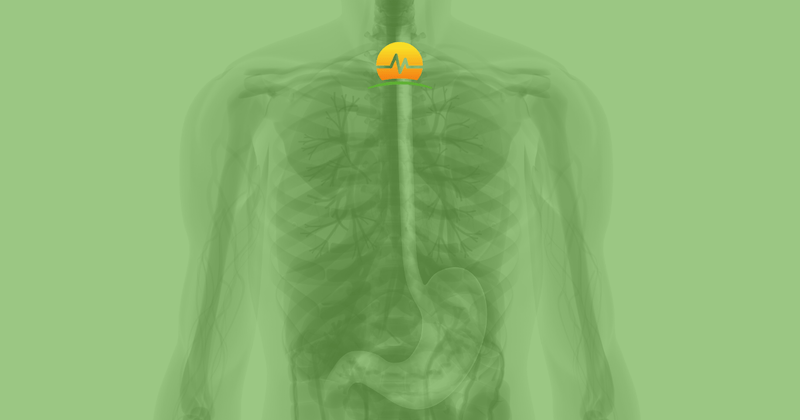
Obesity is a leading cause of GERD and related issues, like hiatal hernias. Studies have shown that increased body mass index and excess eating can stress the esophagus. Certain bariatric surgeries can correct GERD, but others can bring it about or worsen existing cases.
The Roux-en-Y gastric bypass procedure is the gold standard in eliminating severe and uncontrolled GERD. This is particularly true when comparing it to the gastric band or the gastric sleeve, both of which may cause a small number of patients to experience new or worsened acid reflux. However, it is worth noting that the likelihood of new or worsened GERD after the gastric sleeve is significantly reduced when a hiatal hernia, if present, is identified and correct during surgery.
The Roux-en-Y gastric bypass cuts away a large portion of the stomach, reducing the amount of food a patient consumes. The tiny pouch that remains to accept food produces significantly less acid than the larger, original stomach. This reduction can minimize stress on the Lower Esophageal Sphincter or LES. A weak LES is a leading cause of GERD symptoms.
When a patient chooses a bariatric procedure at our practice, they will go through our holistic program to determine their candidacy. Our surgical team, a nutritionist, a fitness consultant, and a clinical psychologist will meet with the patient to work through the weight loss journey before and after surgery.
How the Gastric Bypass Works
For surgery, the patient will be under general anesthesia. The surgeon will make a series of small incisions through which miniaturized medical tools and the laparoscopic camera are passed. They will use a surgical stapler to divide the stomach into a small pouch section which will hold a few ounces of food.
The second part of the bypass reduces the surface area of the intestines – known as the malabsorptive component of the procedure. A large portion of the stomach, the entire duodenum, and a portion of the jejunum will be bypassed to give less surface area for calorie and nutrient absorption. The surgeon then closes the incisions. This type of surgery takes about an hour to an hour and a half, and recovery in the hospital is slightly longer than the gastric sleeve (usually one night). After the procedure, patients will be monitored by our medical staff, nutritionist, fitness consultant and have the option to participate in a support group.
Amazingly, the gastric bypass gets to work right away. Many patients experience a dramatic improvement in their reflux right away. If the patient also has poorly controlled type-2 diabetes, this often improves or goes into remission within days or weeks of surgery, usually before losing a significant amount of weight.
We invite you to learn more about gastric bypass as part of your GERD treatment by watching our online seminar then signing up for a consultation.







